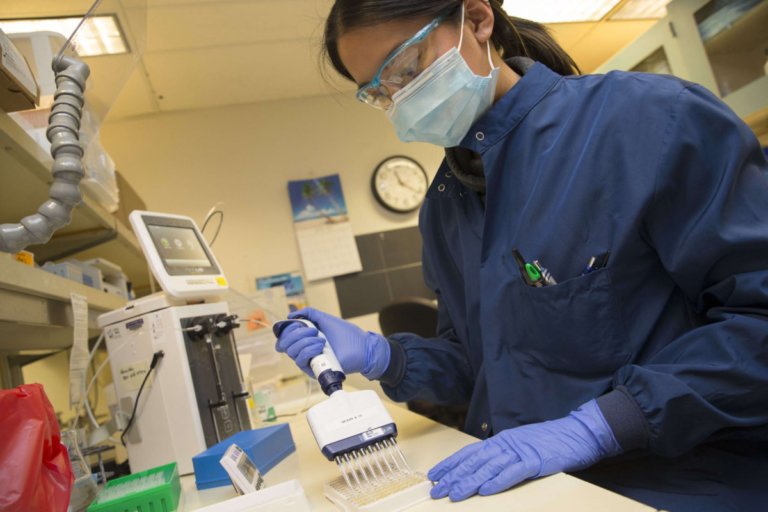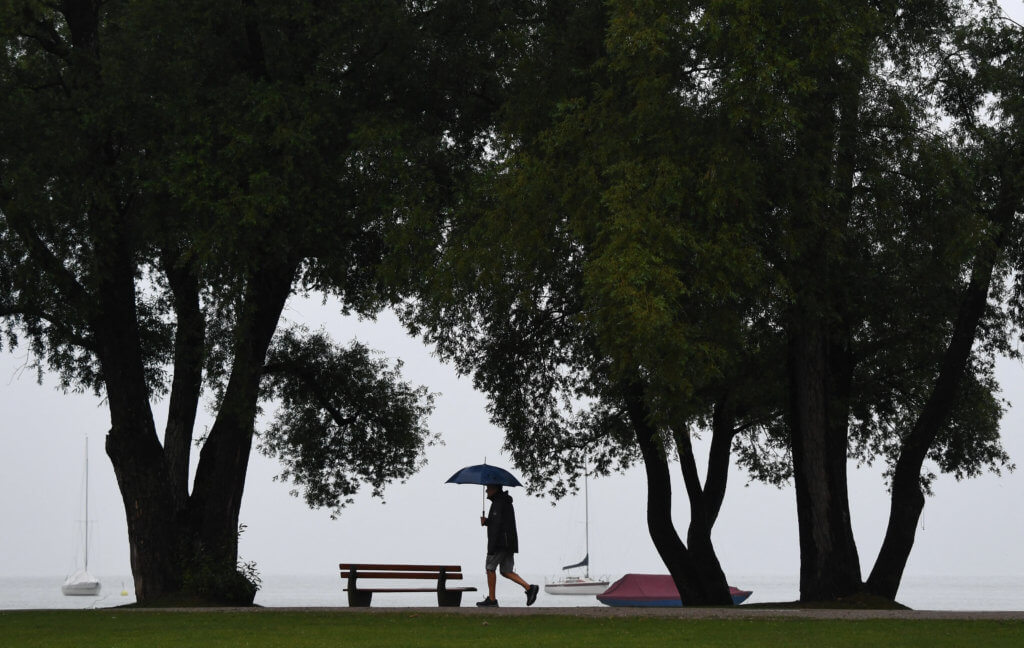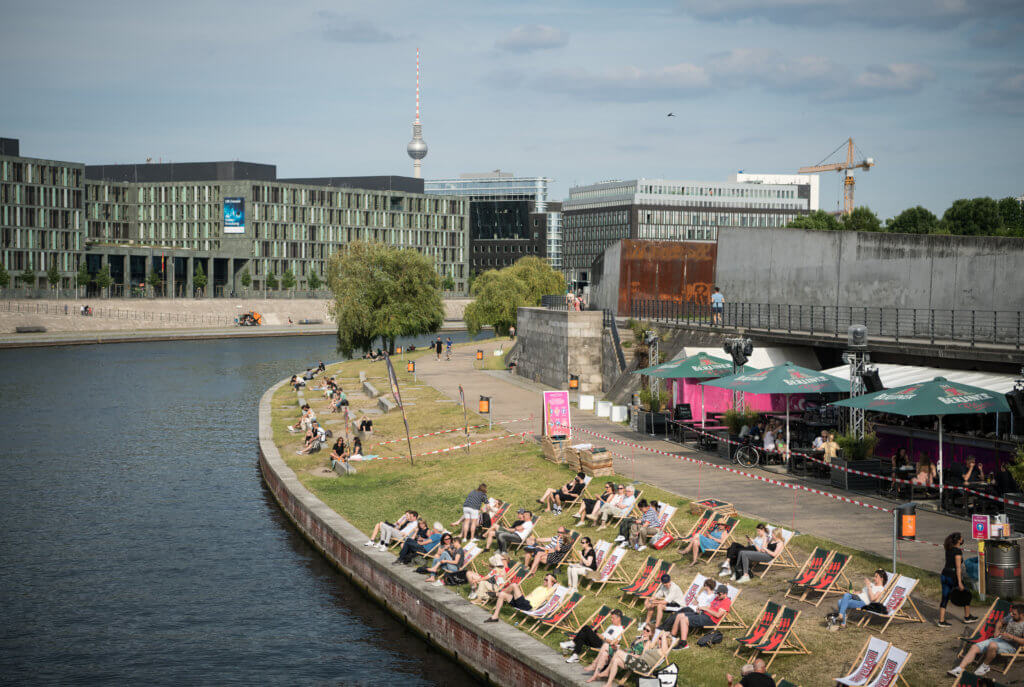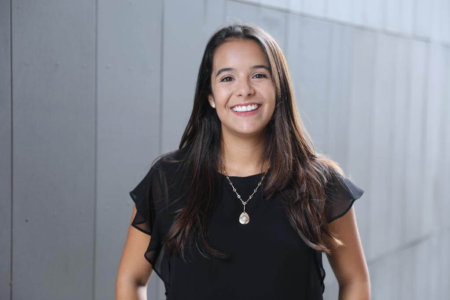
English-taught programmes. Affordable courses. A stellar academic reputation. The DAAD Scholarship. These reasons and more are part of what makes Germany a popular choice for international students.
German universities offer a wide range of summer courses as well as undergraduate, postgraduate and doctoral programmes. The DAAD Scholarship funds a variety of them. Here’s what you should know:
What is the DAAD Scholarship?
The DAAD, or the German Academic Exchange Service, currently supports the education of 100,000 German and international students annually in party-related foundations or business-affiliated institutions. In some programmes, internships are also covered. It is fully-funded by the German government.

A man with an umbrella walks along the lakeside of the lake Ammersee in Herrsching, southern Germany, on a cold, rainy day. Source: Christof Stache/AFP
What are your options?
Undergraduates can apply for the German Studies Research Grants. These are used for short-term research (one to two months) in Germany. The aim is to promote the study of cultural, political, historical, economic and social aspects of modern and contemporary German affairs from an inter- and multidisciplinary perspective.
If you’re from the US, UK or Canada, you can apply for RISE Germany, a summer internship programme in the fields of biology, chemistry, physics, earth sciences, engineering and computer science. You will work with research groups at universities and top research institutions across Germany for a duration of three months (minimum stay 10 weeks).
For aspiring PhD student or aspiring postdoc, there are short-term grants and one-year grants available for applicants from just about any country of residence. The aim of these programmes is to promote research projects within the context of doctoral programmes. Academics and scientists with a master’s degree, or in exceptional cases, a bachelor’s degree, are encouraged to apply.
The DAAD grant for a full doctoral programme is reserved for applicants from developing and threshold countries. It was set in place to support impactful doctoral projects in Germany.
What about language courses?
Language courses are also available through University Summer Courses and University Winter Courses. These are especially helpful to students and graduates looking to improve their knowledge of the German language and their knowledge of the country.
There are also 10 “sur-place and third country programmes” available to students, scientists, and researchers vying to complete a graduate programme, doctoral programme or postdoc period from their home country or region. Click here for the full list.
What does the DAAD Scholarship come with?
The DAAD Scholarship is extensive and covers tuition and accommodation fees. For undergraduates, the German Studies Research Grants provide support in value from US$2,000 to US$3,000. This covers living and travel costs during the active research phase.
Postgraduate students will also receive a monthly allowance of 750 euros, while doctorate students receive 1,000 euros a month. Both are eligible to receive health insurance; there is also a provision where these students can receive a travel grant.

Guests enjoy the sunny weather outside at a beach bar on the bank of the Spree river in Berlin. Source: Stefanie Loos/AFP
Do you need to speak German?
While every programme and institution has different requirements, most ask for proof of an applicant’s current proficiency in either German, English, or both. Keep in mind that IELTS is accepted while TOEFL results aren’t.
If you would like to test your German skills before applying, free placement tests are available via Deutsche Welle or the Goethe-Institut. Meanwhile, the British Council offers placement tests for English.
How do you apply?
DAAD Scholarships 2022-23 are currently open! If you’re looking to apply to a programme ASAP, a full list of application deadlines – some of which have yet to be closed – can be found here. Every applicant should begin by identifying their German university and programme of choice. Once done, they should proceed to create an account and log in to the DAAD Portal. For most programmes, electronic submission to the portal is all that’s required.
Alternatively, some universities make it possible for students to apply for the DAAD Scholarship directly from their respective websites. To learn more about the common requirements, click here.










